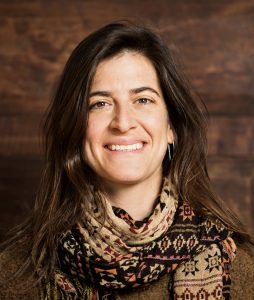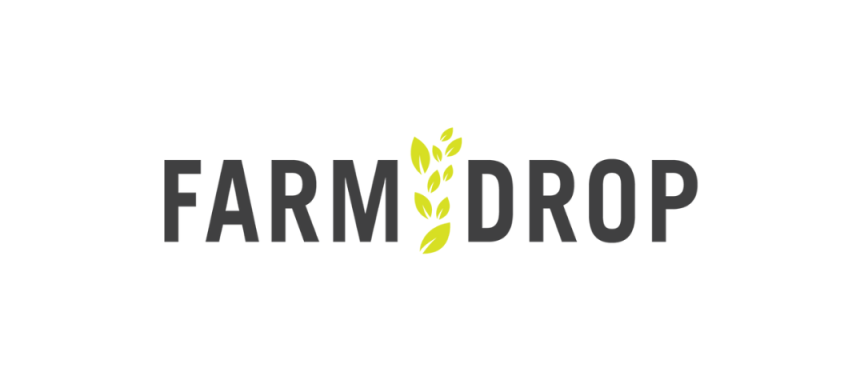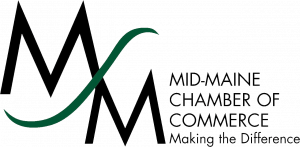
CEO & Co-Founder
FarmDrop
- What was the inspiration behind starting FarmDrop?
FarmDrop L3C was inspired by the idea that we can create a more holistic food systems solution to the problems of farm viability and food access for all, with digital tools, than we can through farmers markets, CSAs, food pantries and community meal sites.
- How does your past experience working with Healthy Acadia inform FarmDrop’s company vision?
My past experience with Healthy Acadia, gleaning excess produce from farms for food pantries and meal sites, made me realize how much farmers give away. In the five years I spent organizing volunteers to harvest surplus from their fields, not once did a farm ask me to help them sell it. The generosity I found there, the resilience our communities gain by having food producers embedded in them, informed my vision to make sure every community has a FarmDrop sales channel as a part of their future of food toolkit.
Still in process is the part of the vision inspired by my work in food rescue and hunger-relief globally, that positions FarmDrop’s online Community Market as the #1 equitable and dignified channel for local people needing food assistance. Food access with choice, freshness, product variety and convenience for end-customers and food assistance programs looking for better sourcing mechanisms for local surplus.
- How has FarmDrop’s customer network expanded since the company’s inception?
The original FarmDrop started in Blue Hill, in 2011 it was always intended as one marketplace serving about 30 people a week. When I took it over, we rebuilt it to be replicable to other communities. We’ve expanded to 15 hubs in the past year, and grown to over 27 pickup locations with 600 customers. We’ve also started shrinking back somewhat as we redesign some of our operations, but the demand is there.
- What resources, partners, and companies have been helpful to FarmDrop as it has continued to grow?
We could not have expanded this work without the operational partnership of the nonprofit organizations that serve as market hub managers: such as Healthy Acadia, Healthy Island Project, Unity Barn Raisers, Farms for Food Equity. Their patience in seeing us through the thick of the technology issues, during the first couple of years, is a huge testament to the resilience of our customer base, and the need for the service.
Maine Farmland Trust, Unity Economic Development, Maine Technology Institute, ReFED and Sewall Foundation as well as Farms for Food Equity, have all played a key role in grant funding us, and every bit has helped.
Maine Center for Entrepreneurs Top Gun and now Cultivator Program have been key in supporting me as cofounder and CEO to develop a business model around our social impact mission of farm viability and food access.
The farms, the food producers, the market hub managers who fill orders week after week, I think they surprise me the most, how they keep going, feeding our towns.
- What are your plans for growing FarmDrop in the next few years?
This next year is going to be focused on getting the hubs we currently have operating in Maine, WNY and Tucson to reach sustainability for all stakeholders. We are looking to develop strategic partnerships with like-minded entities and possibly merge our technology roadmap and create a network of networks. Our goal is to no longer expand as individual markets, but instead in clusters of market hubs, in partnership with local entities that have the capacity and economic development goals to drive its success.
By submitting this form, you are consenting to receive marketing emails from: . You can revoke your consent to receive emails at any time by using the SafeUnsubscribe® link, found at the bottom of every email. Emails are serviced by Constant Contact
Last modified: November 1, 2022






